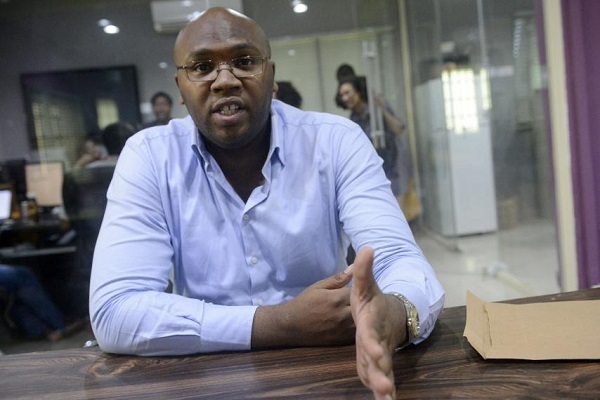In the world of African tech entrepreneurship, few stories are as audacious—and as instructive—as Jason Njoku’s iROKOtv saga.
Once hailed as “Netflix for Nollywood,” iROKOtv was a bold attempt to bottle the magic of Nigeria’s sprawling film industry and sell it via a Western-style streaming platform. But after over $100 million in investment, more than a decade of effort, and a marketplace that never quite caught up, Njoku is sounding a different note: “Streaming wasn’t the right model for Nollywood.”
In a reflective blog post and multiple interviews across platforms such as BusinessDay, Akoroko, and Time, Njoku lays bare the hard truths that shaped iROKOtv’s rise—and its subsequent The vision was compelling: build a digital fortress for Nollywood content, monetized through monthly subscriptions, and backed by cutting-edge tech. However, the economics on the ground refused to cooperate.
The Streaming Mirage
Nigeria’s GDP per capita hovers around $2,000. Asking people to pay $5 a month for content, in a market plagued by unreliable internet, expensive data, and a preference for free content, was always going to be a hard sell. Even global behemoths like Netflix and Amazon, which poured more than $1 billion into African content between 2015 and 2023, failed to establish a solid financial foothold.
iROKOtv, once the darling of venture capitalists betting on Africa’s digital future, found itself caught in the crosshairs of rising costs and shrinking returns. “We kept investing in growth,” Njoku said on Njoku.org, “but the market just wasn’t scaling the way we needed it to.”
The Pivot That Came Too Late
To stay afloat, iROKOtv pivoted to mobile-first strategies: downloadable content, offline viewing, and Android-optimized experiences. But it was a patch, not a cure. By 2023, the company pulled out of the Nigerian market entirely, redirecting its energy toward North America and Western Europe—where subscribers were more willing to pay, and infrastructure wasn’t a daily battle.
Lessons From the Brink
Njoku’s candid reflections offer a rare peek behind the glossy startup narratives often touted in tech circles. His main takeaway? Emerging markets can’t be served with cookie-cutter Silicon Valley models. While the dream of streaming Nollywood to the world still burns bright, its path may lie not in subscriptions, but in ad-supported models, content licensing, and robust partnerships with traditional broadcasters.
In a final twist, Njoku isn’t bitter—he’s wiser. “The failure of streaming in Nigeria isn’t a failure of Nollywood,” he wrote. “It’s a signal that we need to build for the realities on the ground.”
For African entrepreneurs and investors hoping to rewrite the digital future, iROKOtv’s journey is more than a cautionary tale—it’s a compass pointing toward smarter, more grounded innovation.
